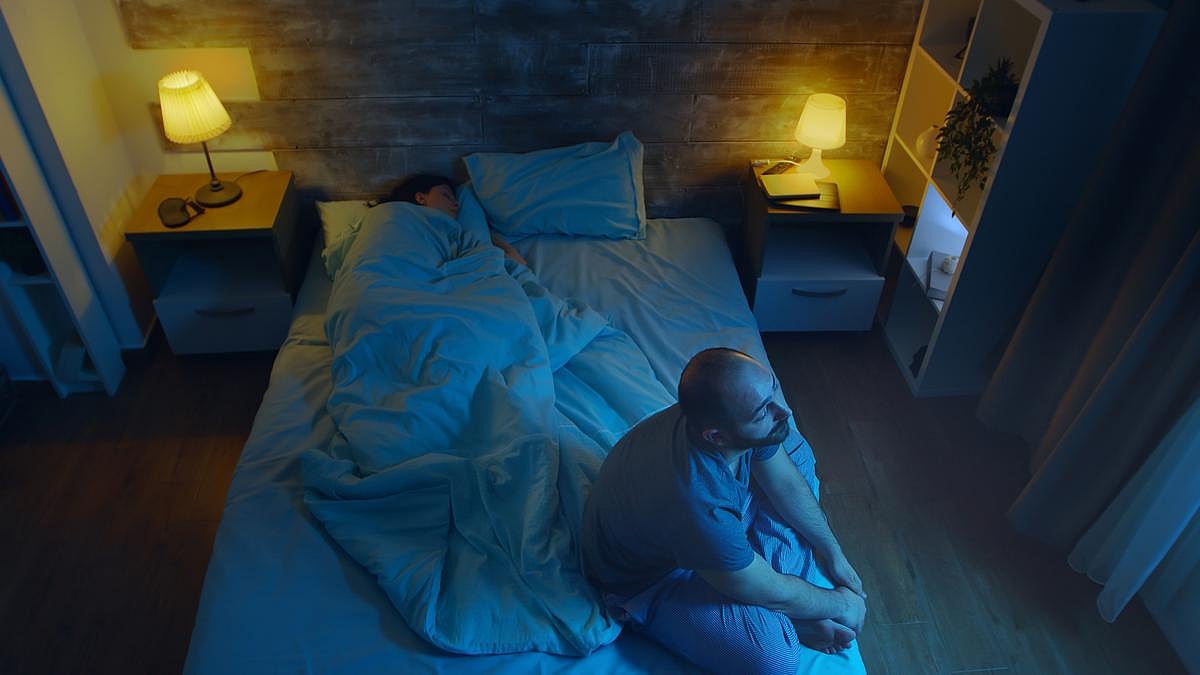Get Healthy!

- Posted September 6, 2024
Too Much Light at Night Linked to Higher Alzheimer's Risk
People who live in areas with more nighttime light pollution could be at increased risk of Alzheimer’s disease, particularly those in middle age, a new study says.
Nightly light pollution is more strongly linked to Alzheimer’s disease in people 65 and older than other known risk factors like alcohol abuse, kidney disease, depression and obesity, researchers reported Sept. 5 in the journal Frontiers in Neuroscience.
And light exposure poses an even greater risk to the brains of people younger than 65.
High nighttime light intensity was the top risk factor for early-onset Alzheimer’s in that age group.
“We show that in the U.S. there is a positive association between Alzheimer’s disease prevalence and exposure to light at night, particularly in those under the age of 65,” said lead researcher Robin Voigt-Zuwala, an associate professor at Rush University Medical Center in Chicago.
“Nightly light pollution -- a modifiable environmental factor -- may be an important risk factor for Alzheimer’s disease,” Voigt-Zuwala added in a university news release.
For the study, researchers analyzed light pollution maps for the 48 continental states, comparing them to national data about Alzheimer’s disease incidence and known risk factors for the degenerative brain disease.
Light pollution appears to be an Alzheimer’s risk factor for seniors, but it is not as strong an influence as other factors like diabetes, high blood pressure and stroke, results show.
But no other risk factor outpaced light pollution for those younger than 65, researchers found.
The results suggest that younger people might be particularly sensitive to the effects of light exposure at night, although it’s not clear why, researchers said.
Genetics that increase a person’s risk for early-onset Alzheimer’s “impact the response to biological stressors, which could account for increased vulnerability to the effects of nighttime light exposure,” Voigt-Zuwala theorized. “Additionally, younger people are more likely to live in urban areas and have lifestyles that may increase exposure to light at night.”
Given these findings, people might want to limit their exposure to bright lights at night, the researchers said.
“Easy-to-implement changes include using blackout curtains or sleeping with eye masks,” Voigt-Zuwala said. “This is useful especially for those living in areas with high light pollution.”
Light exposure inside a home could be just as important, the researchers added. People should limit their exposure to blue light, which can affect sleep, and install dimmers in their home.
More information
The National Geographic Society has more on light pollution.
SOURCE: Rush University Medical Center, news release, Sept. 6, 2024






